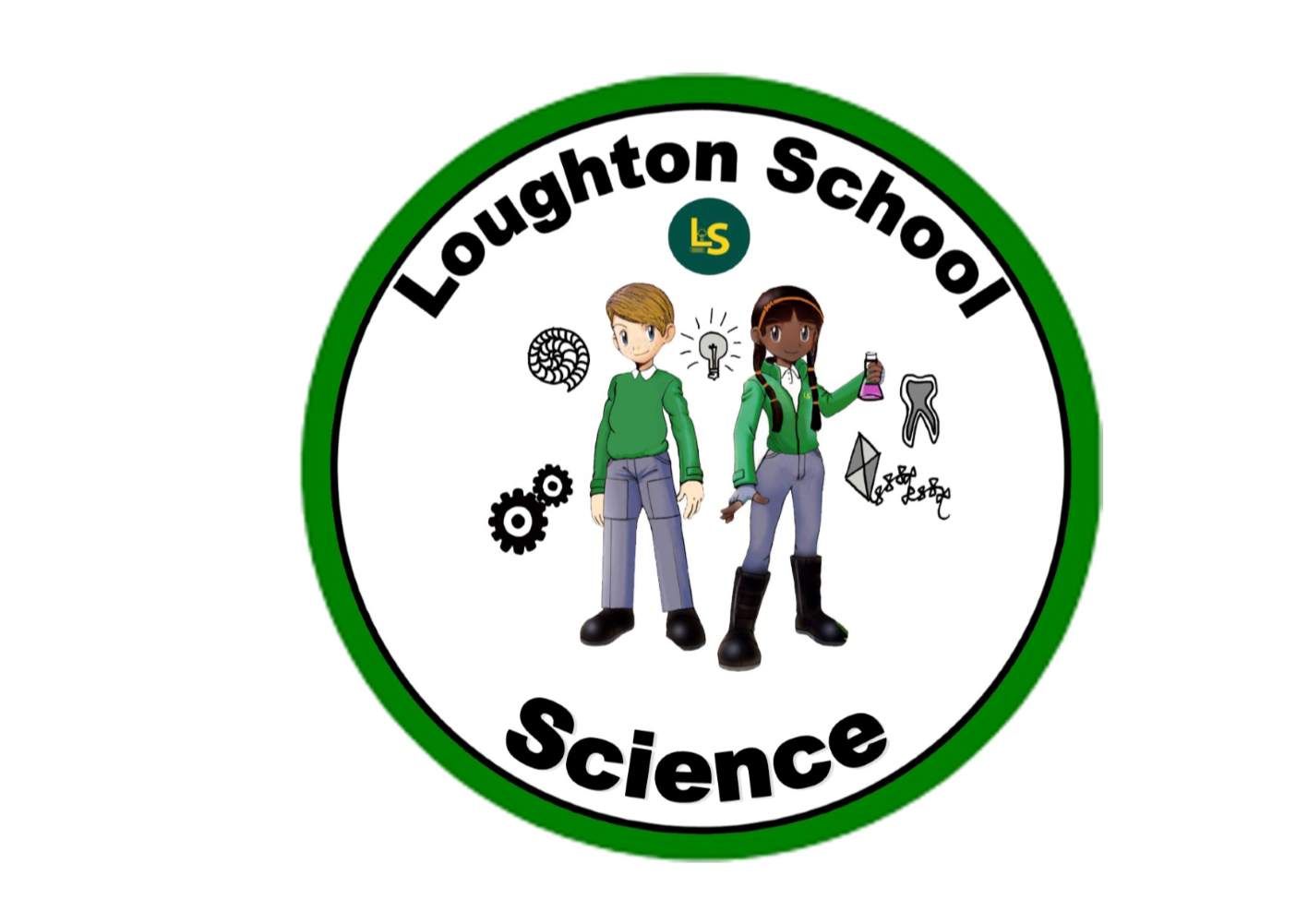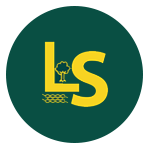Science

Our science champions are Mrs Sam Ruggles and Miss Kirsty Coppins.
Along with English and maths, science remains one of the main core subjects in primary school. It can be one of the most exciting and practical subjects and, as a result, is a real joy for teachers and pupils. Children love the chance to learn through being totally hands-on and finding things out for themselves — the perfect way to understand the world around them. A positive primary science experience is also key to encouraging future generations to not only study this at secondary school, but also potentially to follow it as a career.
Science is amazing and can answer some of the children’s most profound questions. This is why we value the teaching of science and our aim is to do this in a fun and engaging manner. We want to nurture our children’s minds and inspire them through hands on exploration of scientific ideas thereby creating scientists who enjoy science.
Throughout the school science is taught in a diverse number of ways. We have a variety of ICT resources ranging from interactive and on-line software accessible by all through the IPads, laptops and Chromebooks. The IPads available in the school have a number of applications focusing on different areas of science. The children are well motivated to use the range of ICT available and have shown greater motivation and independence.
The science curriculum is enhanced through a range of visits and visitors. For example, the year 5 children have a visit from the planetarium to help them learn about space and planets. Children also profit from many hands-on activities, both indoors and out. We have plans to introduce a school allotment to provide an area for experiments on plant growth and development as well as being a useful habitat for a wide variety of invertebrates.
When a new topic is introduced, a launch day is held, which allows teachers to ascertain prior knowledge, and discover where the children want to take their learning, which then informs planning. Each year group has a topic box for each science unit, in which resources and planning are stored.
The topic boxes, which hold resources and planning for each individual unit of science, are stored in the relevant year groups. By continually assessing the effectiveness of the resources and their application in the classroom, teachers can update and refresh as they go along. New items are added quickly and easily.
Throughout their years at Loughton School, children will be assessed in the different units of science they learn. These assessments are recorded in a science assessment book that then follows them from year to year. We have made the assessments very practical, therefore allowing the children to show off their learning and understanding of the topic studied. During these assessment sessions, teachers will question their pupils to ascertain a variety of learning points that link to the age expectations set by the curriculum.
At Loughton School, we recognise the importance of science in every aspect of daily life. As one of the core subjects, we understand how it underpins all of the basic knowledge about the world around us and therefore is vitally important to our children’s development; understanding the world through the specific disciplines of biology, chemistry and physics through BIG questions they want to find the answers to. The scientific area of learning is concerned with increasing pupils’ knowledge and understanding of our world, and with developing skills associated with science as a process of enquiry.
Children will be encouraged to understand how science can be used to explain what is occurring, predict how things will behave, and analyse causes. During lessons, the children will be immersed in scientific vocabulary, which will aid their knowledge and understanding, not only of the unit they are studying, but of the world around them.
By ensuring high standards of teaching and learning in science, we implement a curriculum that is progressive throughout the whole school. New vocabulary is explained to support their learning and to allow the children to work independently. The school uses a variety of teaching and learning styles in science lessons. Our principal aim is to develop the children’s knowledge, skills and understanding in science.
